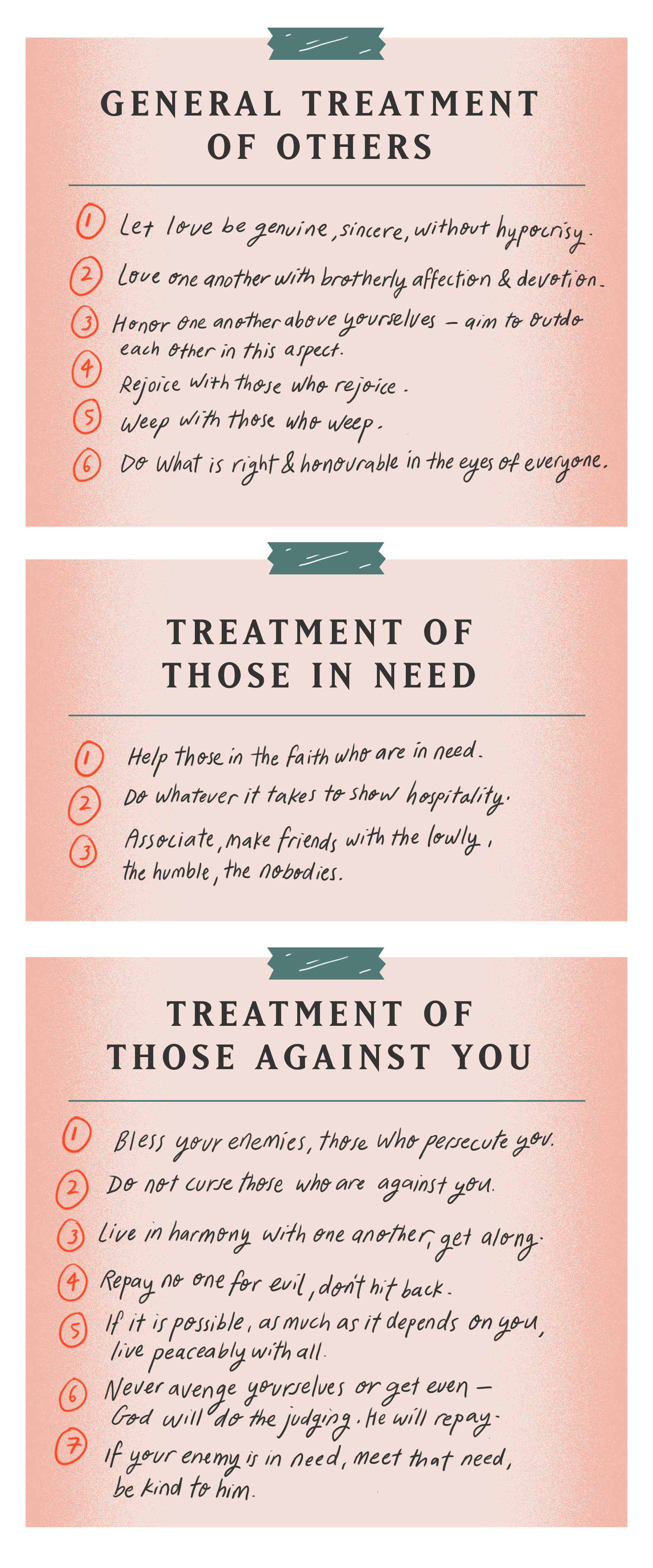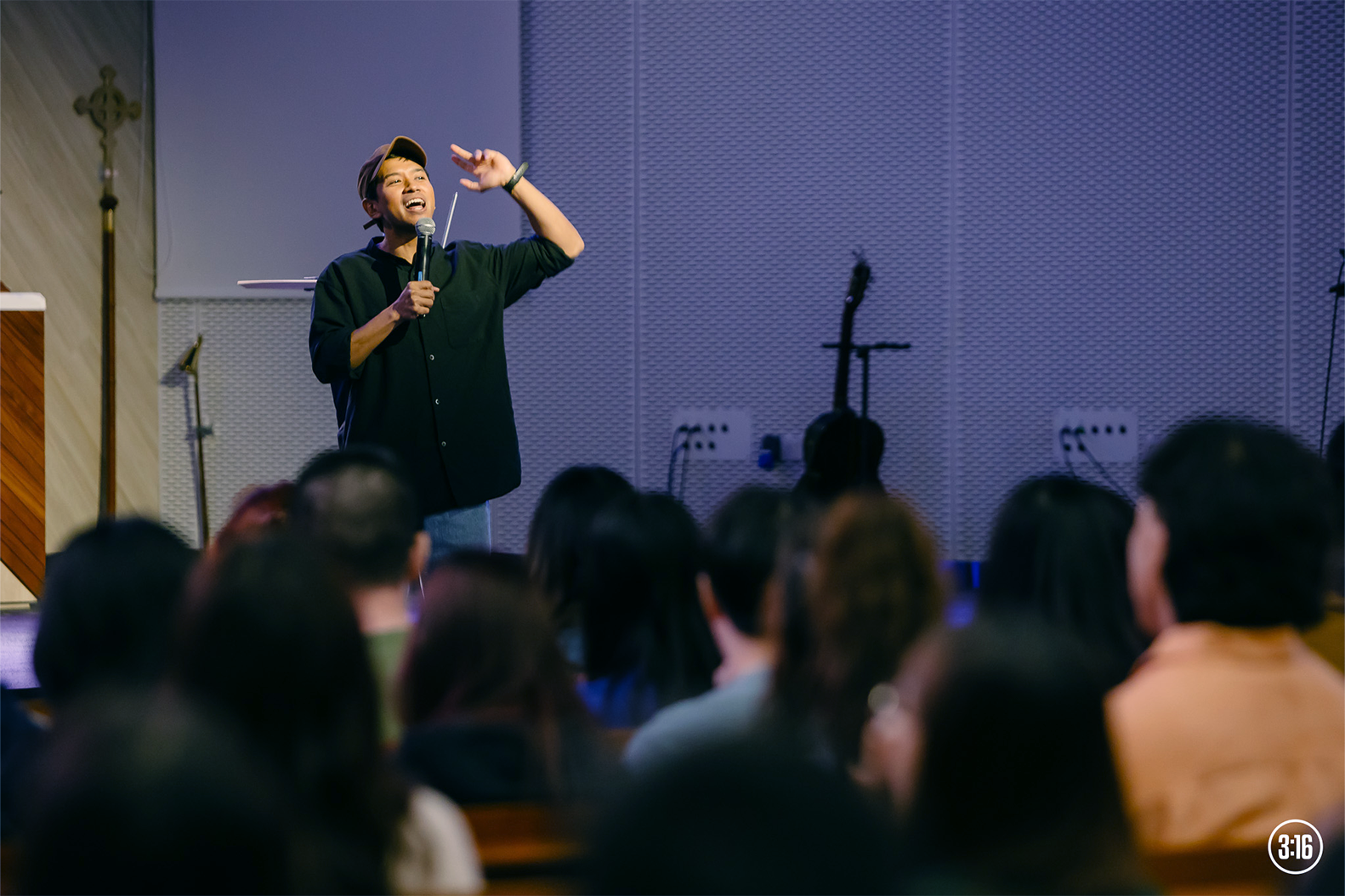2015 was the first time I voted during the General Elections, and I admit I went in pretty blind. Politics was never my thing. Even at 31 now, I probably still recognise more Korean oppas than I do Singaporean politicans.
But I’m listening and learning. Maybe it’s made it a little easier to see, too, that there’s something quite obviously different about this year’s GE than whatever I vaguely remember of 2015’s.
Best headlined by the Ivan Lim saga from just last week, it is evident that election campaigning is no longer confined to just something that parties or politicians do – this is undertaken quite liberally by the people themselves, thanks to social media soapboxes such as Facebook and Instagram.
Sure, the memes generated from the season have been entertaining. But from the recent spate of online call-outs we’ve seen in this GE alone, we have to admit to also campaigning against people. I don’t think it’ll be wrong to say the political buzz we’ve generated so far hasn’t entirely been for ideals, causes or progress.
It’s a little terrifying to imagine how fast the world has changed in a matter of five years. Of course, these things happened in the past – but to have history repeating itself today, right in the middle of an ongoing war against the Internet’s flashy new cancel culture – has not been a pretty sight.
These days, disagreement warrants dishonour, and private sin, public shaming.
Cancel culture in itself isn’t new news. It was always there, rearing its ugly head first as cyberbullying, then digital vigilantism, notably giving rise to terms such as “keyboard warrior” and “doxxing“.
You don’t have to be any sort of expert – a visit to most comments sections usually gets you up to speed in no time.
These days, disagreement warrants dishonour, and private sin, public shaming.
I’m not saying we cannot speak up in the face of injustice, nor that those embroiled are always innocent of what they are being accused of.
I’m just saying, hold up, my brothers and sisters in Christ, before you unwittingly join the mobile mob. Consider your first citizenship and the Kingdom you represent on earth (Philippians 3:20).
I’m calling Christians to our first election.
A LETTER TO THE SINGAPOREAN CHURCH
Before we are the electorate, we are the elect.
“His divine power has given us everything we need for a godly life through our knowledge of him who called us by his own glory and goodness…
“Therefore, my brothers and sisters, make every effort to confirm your calling and election. For if you do these things, you will never stumble, and you will receive a rich welcome into the eternal kingdom of our Lord and Saviour Jesus Christ.” (2 Peter 1:3, 10-11)
And when you look at verses 5-9 of 2 Peter 1, this is what it means for the elect: To make our calling and election sure by adding to our faith goodness, knowledge, self-control, perseverance, godliness, mutual affection and love, which we should possess in increasing measure.
In other words, to do all these things before we rush to like, share, comment and ultimately, vote. A little abstract, I know.
So as we enter this short window of the GE, I would simply like to share some wisdom from the father of the early Church himself, the Apostle Paul, whose many letters to the various churches he helped establish account for 13 out of 27 books of the New Testament.
(Note that they didn’t have Bibles, much less the internet, then, so these letters were easily all the churches had to reference the tenets of the faith.)
One of my favourite references on Christian living comes from Romans 12:9-21, which has been literally titled by the ESV Bible translators, “Marks of the True Christian”, and by those of the NKJV, “Behave Like a Christian”.
After paraphrasing from the list and breaking up the many points into guides for “oneself”, “treatment of others” and “relating to God”, I have three simple observations.
1. The category for “treatment of others” far outnumbered the other two categories.
2. I also divided “treatment of others” into three sub-categories – “general treatment of others”, “treatment of those in need” and “treatment of those against you” – and found that “treatment of those against you” received most emphasis in Paul’s exhortation.
3. Within the sub-category of “treatment of those against you”, there were three main directives – bless your enemies, do not take revenge on them and live in harmony, whatever it takes.
In light of how we should behave in the coming days, I think this is enough food for thought.
 I previously wrote about how Christianity is not about superficial swaps or a performance of moral goodness, but rather a deep change within a person by the power of the Holy Spirit.
I previously wrote about how Christianity is not about superficial swaps or a performance of moral goodness, but rather a deep change within a person by the power of the Holy Spirit.
Romans 12:9-21 is thus not instructional as much as it is informational – outward proof of our inward transformation that I hope will long outlive Polling Day.

The night Jesus was arrested, hours after He had observed His final Passover meal with His disciples, it was a mob, led by the betrayer Judas, that confronted him in the Garden of Gethsemane, where He was praying.
Riled up by their opposition to Jesus’ teachings and threatened by His influence, the crowd, which included chief priests and officers of the temple guard and elders, was out for blood. This was possibly the same crowd that would demand His crucifixion later that day.
When they try to arrest Jesus, Peter draws his sword and cuts off the ear of the high priest’s servant, Malchus (John 18:10). This is recorded across the four gospels, but only in Luke is it mentioned that Jesus touches Malchus’ ear and heals him.
“And one of them struck the servant of the high priest, cutting off his right ear. But Jesus answered, ‘No more of this!’ And he touched the man’s ear and healed him.” (Luke 22:50-51)
No more of this. And in Matthew and John’s gospels: Put your sword away.
In the week ahead and beyond, swords will be drawn. The cancer of the cancel culture will rage. Many will get caught in the crossfire of virtual vitriol. All the more we must stand by our first election as the people of God.
All who draw the sword will die by the sword (Matthew 26:52). But the ones who love like Jesus will reach out only to heal, not to strike – they will overcome evil with good.
- How have you been behaving online? Would your words and actions bear the mark of a true Christian?
- Consider what you’ve liked, shared and said about GE2020 and its contesting parties so far. What do they reflect of you?
- Read Romans 12:9-21. Pause and pray about the qualities that you would like to grow in.
- How can you reach out to “heal” those caught in the crossfire in the coming days?









